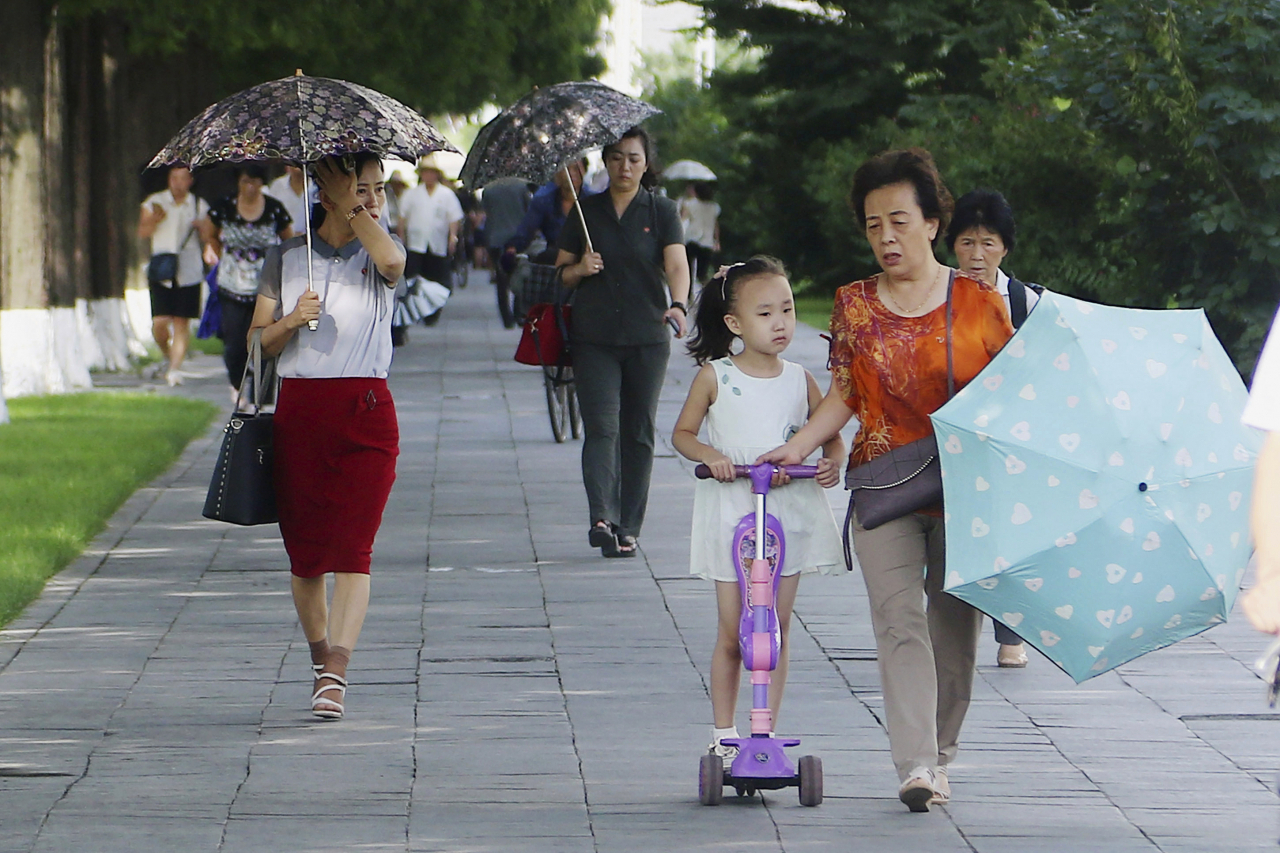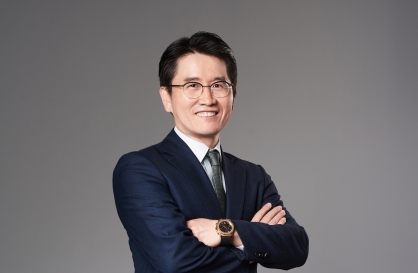NK edges towards full border reopening amid economic concerns
By Son Ji-hyoungPublished : Aug. 27, 2023 - 15:09

North Korea is gradually opening its tightly closed borders to neighbors like China and Russia amid concerns of an economic crisis in one of the world's most isolated nations.
On Sunday, North Korea's state-run Korean Central News Agency said the North’s State Emergency Epidemic Prevention Headquarters on Saturday authorized North Korean citizens stranded abroad to return. The move comes more than three years after strict border restrictions were implemented to prevent the spread of COVID-19.
As the global pandemic situation improves, returnees -- including an estimated 100,000 workers, as well as students and diplomats -- will be put under proper medical observation at quarantine wards for a week before being able to return home, the KCNA reported.
The announcement comes after flights reportedly resumed from overseas -- including from China and Russia -- to North Korea for the first time since January 2020. Earlier this week, Chinese Foreign Ministry spokesperson Wang Wenbin said China "approved flight plans for passengers such as the Pyongyang-Beijing and Beijing-Pyongyang routes" for Air Koryo, the North Korean airline that operates commercial flights between China and North Korea.
This move was widely expected after a North Korean delegation, including numerous taekwondo athletes, was sent to Astana, Kazakhstan, to compete in the International Taekwondo Federation World Championships the previous week.
In July, delegations from China and Russia attended a grand military parade in Pyongyang to commemorate the armistice agreement between the two Koreas, an event the North refers to as "Victory Day."
On the domestic front, North Korea lifted its nationwide mask mandate in July, almost a year after declaring an end to the COVID-19 pandemic in August 2022.
Meanwhile, organizers of the Pyongyang Marathon announced that its upcoming race is scheduled to take place in April next year.
A parliamentary report by South Korea’s Ministry of Unification on Wednesday submitted to a National Assembly committee meeting suggested that "limited border-opening" is playing out in North Korea. The report also noted that Pyongyang's trade volume with Beijing reached 85 percent of pre-pandemic levels, and that its pace of recovery has been relatively slow recently, partly due to North Korea struggling to achieve food security due to rainfalls and typhoons.

All eyes are on when North Korea will implement a fully fledged border-opening policy.
Sunday's announcement limits those eligible for flights to North Korean citizens intending to return to North Korea. Experts say there is enough room for further door-opening measures, such as North Koreans' outbound travel to foreign countries and foreign passengers' travel to and from North Korea.
"It is plausible to see that North Korea is moving toward open borders for its own citizens' travel to foreign countries, and subsequently for foreign travelers' tourism activities in North Korea," said Park Won-gon, a professor of North Korean studies at Ewha Womans University.
Park said the strict COVID-19 lockdown piled pressure on North Korea's economy, with continued surges in food prices.
For example, as of Friday, a kilogram of white rice was trading at 6,500 North Korean won -- officially $7.22 but about 75 cents on the black market that ordinary North Koreans use -- hitting an all-time high of the weekly estimate since August 2022, according to Asia Press International.
A 2022 study from Seoul National University estimated that in 2019 the average monthly salary in North Korea was 459,000 North Korean won, while the average monthly cost of food was 162,000 North Korean won.
Traffic via cargo trains and vessels between North Korea and counterparts including China has been on the rise since border restrictions on freight began to be eased in 2022. According to data from Chinese authorities, trade volume between China and North Korea surged 226 percent on-year in 2022, while North Korea's import items from China included medical equipment such as masks, gloves and thermometers.
Against this backdrop, exchanges between passengers could be key to boosting the economic recovery in North Korea, given its high dependence on imports of goods from the limited number of trade partners amid sanctions, according to Park.
"A prolonged closure of the border translates into damage to North Korea's economy," Park said. "There was no option left for North Korea."
Another expert said North Korea will refrain from opening its borders in a hurried manner.
Cheong Seong-chang, director at the department of reunification strategy studies at the Sejong Institute, played down the possibility that foreign tourism to North Korea would resume before the end of this year, given the weeklong quarantine measures still in place for its own citizens.
"North Korea will gradually scale down the quarantine period and likely open its borders for foreign tourists next year, unless North Koreans' return to their home country significantly disrupts its own quarantine efforts," Cheong said.
Cheong, however, noted that North Korea will promptly dispatch an additional batch of workers to foreign countries so that they could take the place of the workers returning, considering the potential "loss of sources of income in foreign currencies."





![[Weekender] How DDP emerged as an icon of Seoul](http://res.heraldm.com/phpwas/restmb_idxmake.php?idx=644&simg=/content/image/2024/04/25/20240425050915_0.jpg&u=)


![[Music in drama] An ode to childhood trauma](http://res.heraldm.com/phpwas/restmb_idxmake.php?idx=644&simg=/content/image/2024/04/25/20240425050929_0.jpg&u=)









![[Herald Interview] Mistakes turn into blessings in street performance, director says](http://res.heraldm.com/phpwas/restmb_idxmake.php?idx=652&simg=/content/image/2024/04/28/20240428050150_0.jpg&u=20240428174656)
